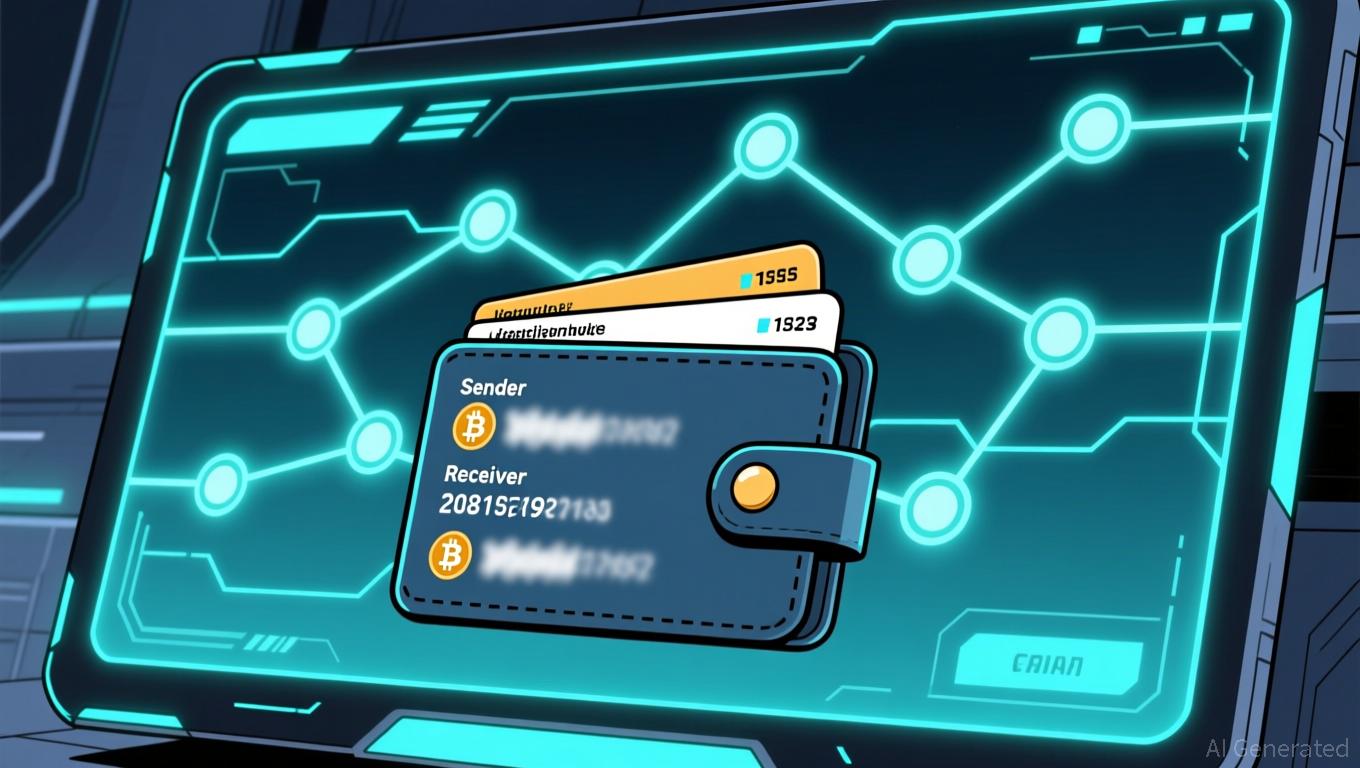- Users accuse Pi Network of being the largest crypto scam ever.
- Years of mining led to zero real value for most users.
- Lack of transparency and delayed listings raise red flags.
Why the Pi Network Scam Allegations Are Exploding
Once pitched as a revolutionary way to mine crypto using smartphones, Pi Network is now under heavy fire from the crypto community. After years of hype and promises, users are finally calling it what they believe it is: the biggest scam in crypto history.
Despite millions of users “mining” Pi tokens since 2019, there’s still no reliable way to convert those tokens into actual money for most people. The long-awaited mainnet launch remains shrouded in mystery, and the few tokens that have made it to certain exchanges are trading at a tiny fraction of expected value.
Years of Hype, But No Real Payout
Pi Network claimed to be democratizing crypto by allowing anyone with a phone to earn coins. The promise was simple: tap daily, build your network, and wait for the mainnet. But five years later:
- There is no open mainnet for all users.
- Token withdrawals are either not allowed or heavily restricted.
- Listings on exchanges are either unofficial or paired with massive selling restrictions.
- The project’s team has been largely silent, with vague updates and missed deadlines.
For many users, years of daily tapping turned out to be nothing more than a data-harvesting operation.
A Growing Crypto Controversy
Critics argue that Pi Network capitalized on buzzwords like decentralization and mobile mining while keeping control tightly centralized. The app collected user data, promoted multi-level referral tactics, and built a massive community—without ever delivering a functional, tradeable coin.
While some still believe a full launch may come, the overwhelming sentiment online is that Pi Network was never about decentralization or financial freedom—it was about building a database of users and hype, not value.
Read Also:
- DWF Labs Steps In to Support Projects Post-Crash
- Crypto Market Crash Wipes Out 80% in Minutes
- Rayls Labs Builds Blockchain Rails for Banking Revolution
- Bitmine Buys $104M in ETH as Tom Lee Predicts Rebound
- LINK Struggles at $21, Hyperliquid Eyes $52 While BlockDAG’s $420M Presale Boom & Testnet Drive Real Adoption!



